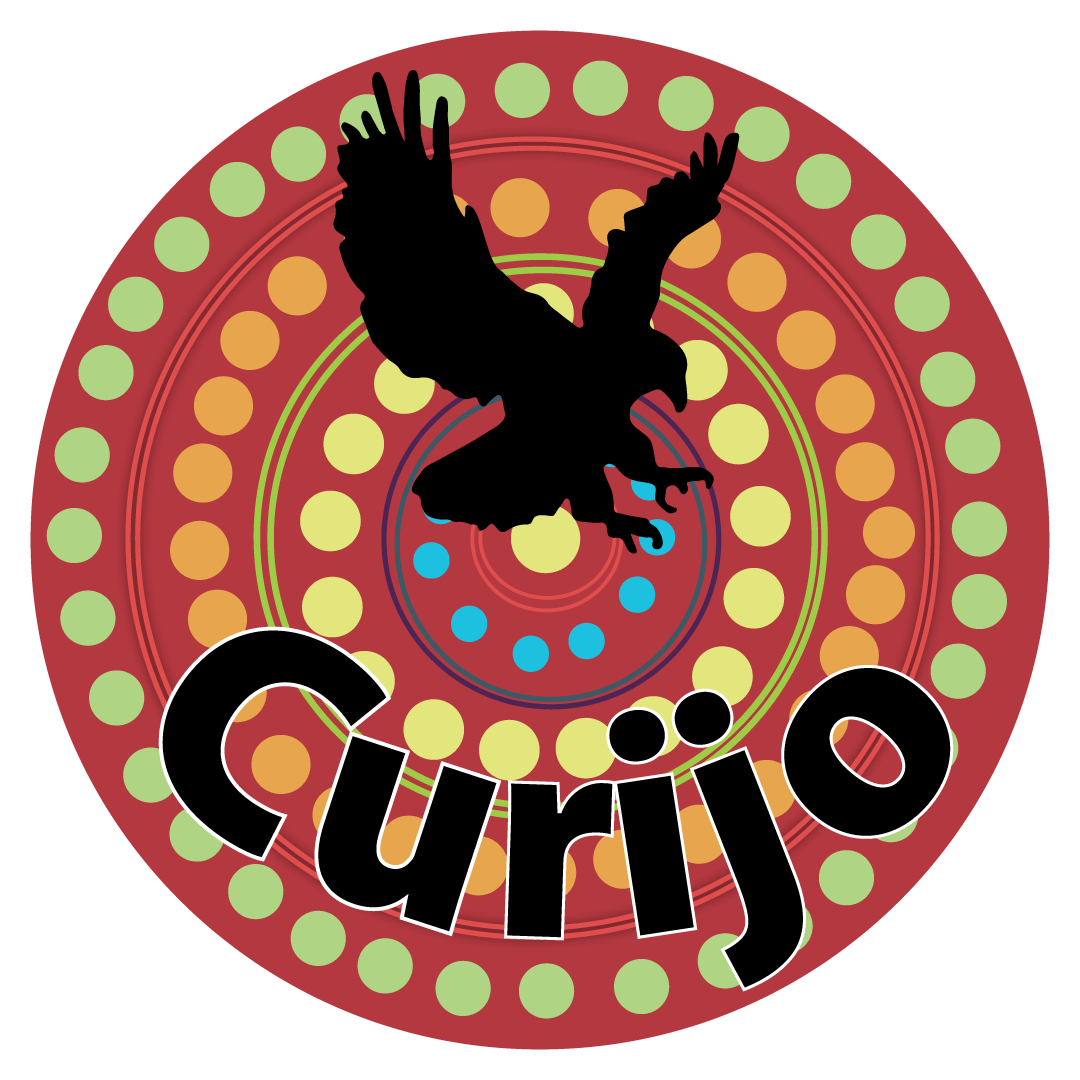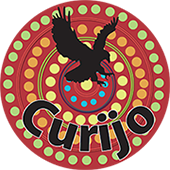
26 Apr Joint ventures and Partnerships in Aboriginal Business: The Key to Building upon Success
A question that we have commonly asked is, ‘What are Joint Ventures and Partnerships and What Do They Mean for an Aboriginal Business?’. Entering a joint venture or partnership is an opportunity for businesses to pool skills and expertise to further improve the available resources for a specific tender and or in terms of a partnership agreement, enter into a generally longer relationship to enhance opportunities and service delivery. A joint venture is often “a commercially independent incorporated entity that consists of two or more businesses pooling their resources and expertise formed to carry on a single or ongoing for-profit business activity’’ (Source: Supply Nation website). Both approaches enable a vibrant and extensive service delivery to build on the existing businesses success.
At Curijo, we adopt a two-way learning philosophy in our methodologies which allows others to not only learn from us, but for us to learn from others. We believe that this method allows for the sharing and building of skill sets and knowledge to further improve the high quality services which we can offer to meet our clients’ needs. When entering into a joint venture or partnership agreement, the company’s vision and aims generally aligns with our own values and supports our attempts to create pathways for Aboriginal people and opportunities for employment, mentoring and community support as part of our operationally entrenched business philosophy.
For this to occur, it is important to build trusting and reciprocal relationships to work collaboratively and enrich the offerings of both businesses. It also provides opportunities for non-Indigenous businesses to develop working relationships within the Aboriginal community and work closely with our Aboriginal and non-Indigenous staff.
A good source of reference when entering a partnership or agreeing to a joint venture with an Aboriginal business, is to identify if they are a registered or certified member of Supply Nation. Being a member of Supply Nation requires all business to maintain at least 50% Indigenous ownership, whilst being a certified member of an Indigenous business means that the business is 51% owned, managed and controlled. Another source of reference to identify Aboriginal businesses is to see if they are a member of an Australian Indigenous Chamber of Commerce.




